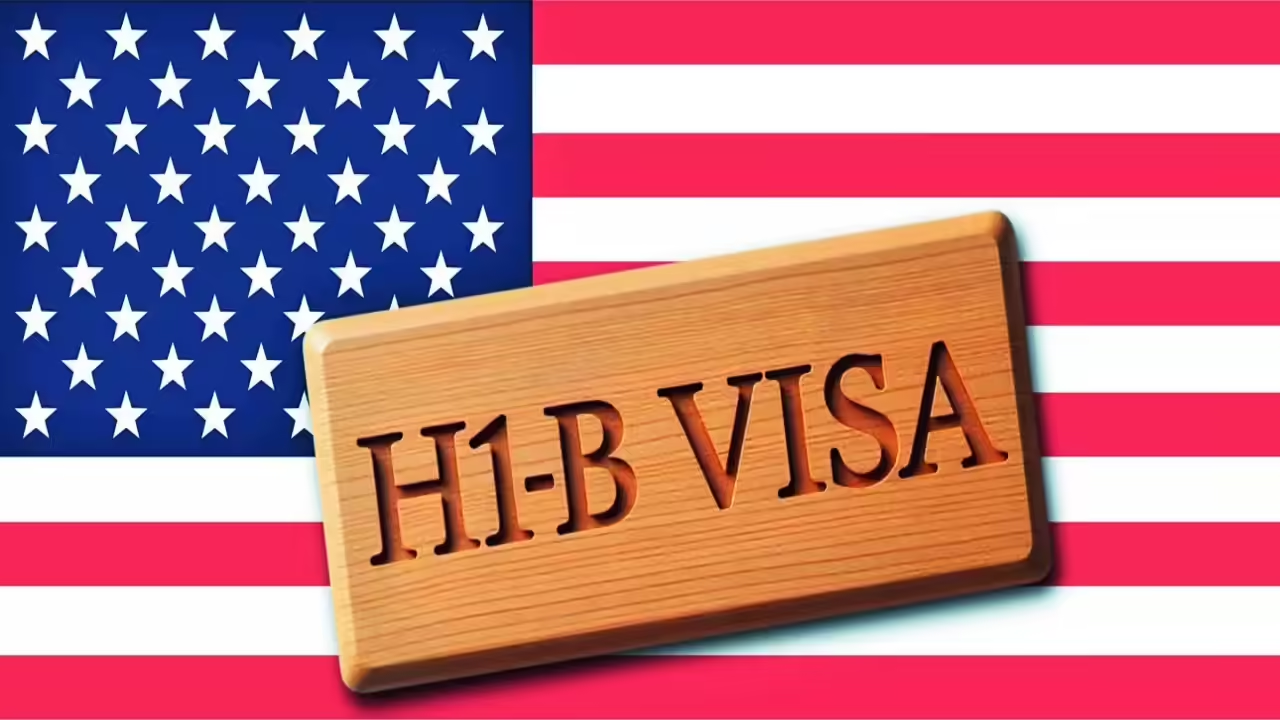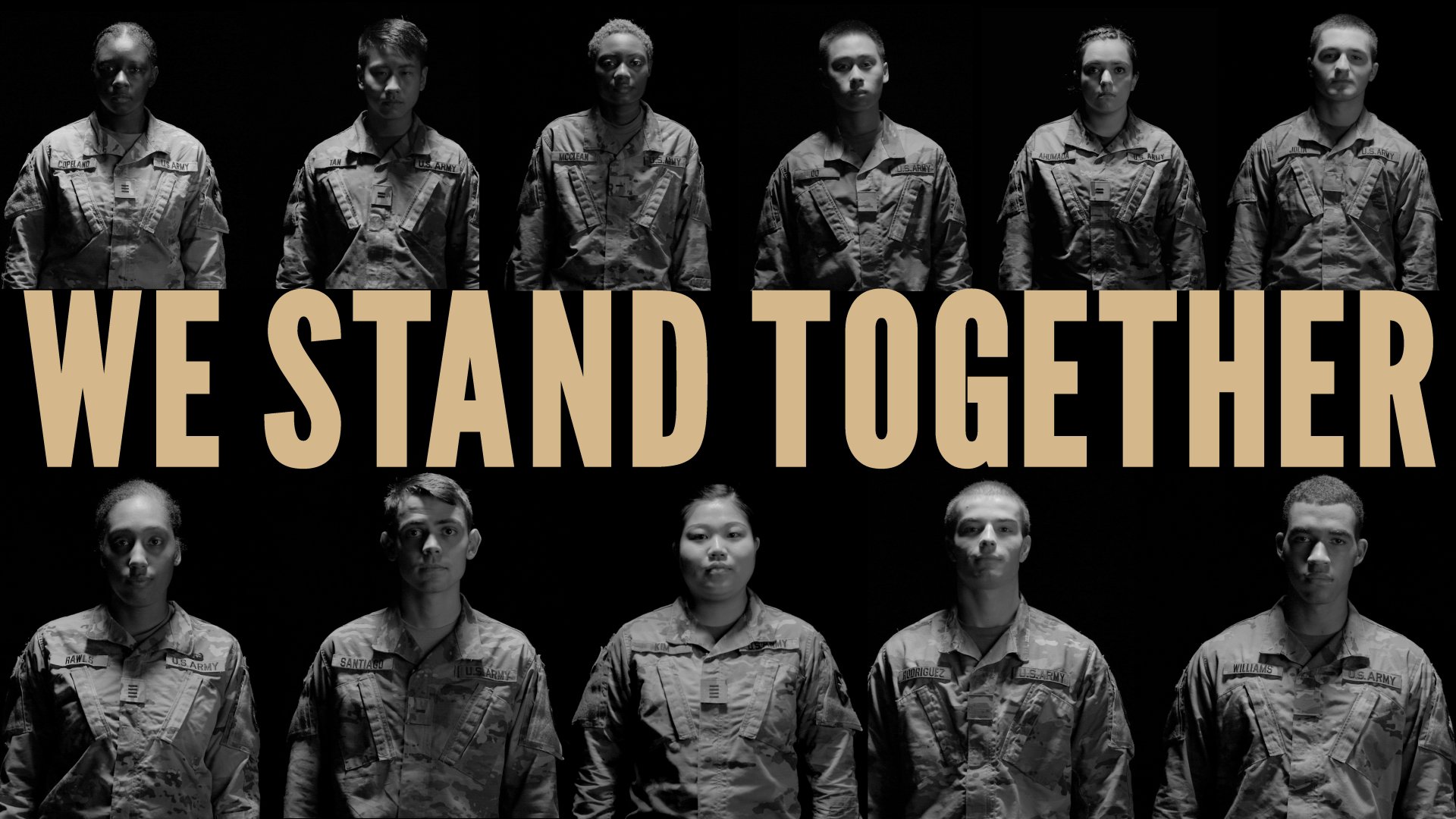I’ve been stewing over the Trump Administration’s newly announced changes to the H-1B visa program—and I feel obligated to call this out: this is yet another policy that puts people’s stability, careers, and lives at risk, under the guise of “protecting American workers,” but without clear evidence it will deliver anything but chaos.
What we know so far
- As of September 19, 2025, a presidential proclamation calls for a $100,000 annual fee for H-1B visa petitions, effective about September 21.
- The rule would restrict entry into the U.S. for H-1B nonimmigrant workers unless their petition is accompanied by that fee. Also, the Departments of State, Homeland Security, and Labor are directed to issue guidance, do audits, enforce documentation, etc.
- There is a clarification: existing H-1B visa holders (i.e. people whose visa is valid) will not be subject to the new fee, even if they are outside the U.S. right now.
What this means for people & teams
These shifts are far from theoretical. For real people—perhaps on your team—it means:
- Travel risk: If someone with an H-1B is outside the U.S. and planned to come back after September 21, there was panic that they would be blocked or forced into having the new fee applied. The clarification helps, but ambiguity remains.
- Project/disruption risk: Teams that span geographies (e.g. somebody who needs to attend a conference abroad, or has family travel) may now have to freeze travel until they understand how inspections, ports of entry, consulates will interpret the policy.
- Financial burden for employers in new petitions or new visa holders: $100,000/year is orders of magnitude higher than existing fees. Only large companies may absorb this; startups, nonprofits, smaller teams may be squeezed—or decide not to hire international talent at all.
- Morale, trust, stability: Even for those not immediately affected, it sends a message of unpredictability. When policy can shift overnight with limited guidance, people (especially international team members) feel insecure about their professional futures, their family planning, their ability to be present where they need to be.
Historical parallels
This isn’t new. We’ve seen this pattern before:
- The travel bans of 2017-2018 that were announced abruptly, poorly defined at first, causing panic at airports, among staff, families, universities.
- Past changes to visa fees, prevailing wage rules, or how “specialty occupations” are interpreted—each time, people with less legal/advisory support bear the worst of the fallout.
- Broader swings in immigration policy depending on the party in power, but especially when rhetoric is strong and implementation is sudden. The result: chilling effect on immigration, stalling of projects, brain drain, companies incorporate risk margins (or withdraw) rather than operate with full trust.
What to advise your team / practical guidance
Here are steps you might want to recommend, from both human and risk-management perspectives:
- Hold off on non-essential international travel for those with H-1B status, until the guidance is more stable. Even “visiting family” travel risks reentry problems.
- Audit who is outside the U.S. presently with H-1B, or expected to travel soon. Determine whether they need to return early / adjust plans.
- Work with immigration counsel to understand exceptions: national interest exemptions, how the fee is to be paid, how documentation will work, etc. Also stay alert for legal challenges—those may introduce stays or clarifications.
- Prepare for delays at ports of entry / consulates: ensure documentation is as clean as possible; travel with petition approvals, copies of everything; expect that consular officers or CBP may be operating under ambiguous rules.
- Communicate transparently with your staff: acknowledge the uncertainty, explain what you do know, what you are watching, how you’re supporting them. Psychological safety here matters.
Why this feels so dangerous — and why resistance matters
Because in practice, this looks less like “protecting domestic workers” and more like “raising the barrier so high that only some privileged or desperate get through.” It undercuts the talent flows that many of us rely on—not just “cheap labor,” but people who bring perspectives, skills, networks that are irreplaceable.
The impulse to treat governing like running a protection racket is increasingly obvious. Announce a policy at the eleventh hour, leave the implementation to agencies and employers to untangle, and watch as lives and paychecks become collateral damage. That’s not leadership — it’s the behavior of a mob boss who demands obedience and extracts cost while claiming it’s all for the “good of the family.”
Resistance matters: through legal challenge, through political pressure, through advocacy (including companies, NGOs, and people who care about global talent, fairness, humane treatment). Part of purpose leadership is saying “no” to instability when the harm is foreseeable.
Final thought
It’s almost like we’re being governed by a mob boss: rules change at midnight, nobody explains why, and everyone down the chain is left to scramble. If this administration wants to show it actually cares about workers, try something radical: publish clear rules, give advance notice, and stop using people as leverage. Until then, tell your teams the honest thing — keep your passports handy, plan for contingencies, and don’t let the mob-boss strategy be normalized.


